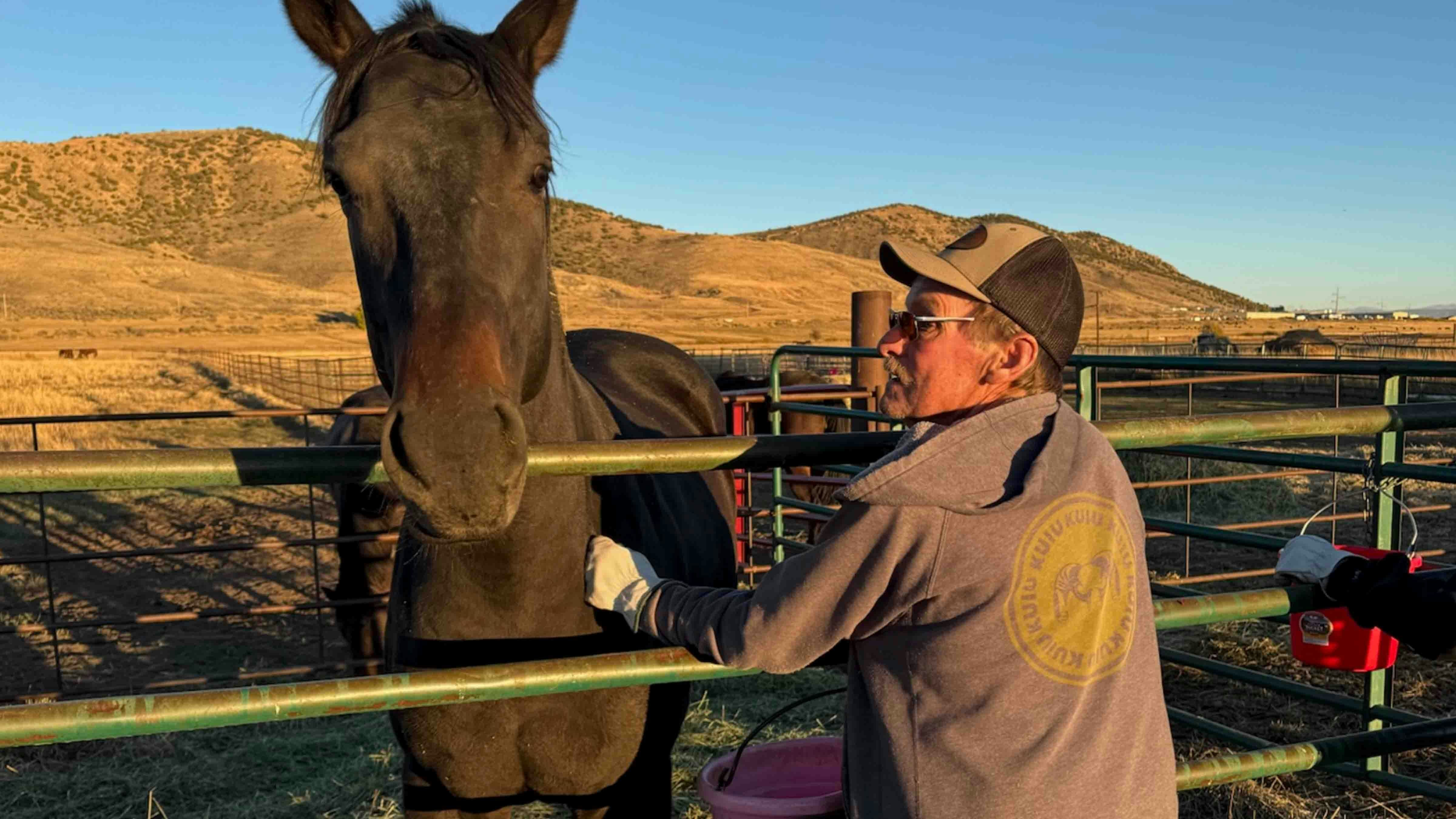Although online sports betting is still in its infancy in Wyoming, at least 28,000 residents have taken part in the activity since it became legal in September 2021, according to state officials.
As of February 2022, there were 27,744 unique users of sports wagering programs in Wyoming. But that number is probably below the actual count, Charles Moore, executive director of the Wyoming Gaming Commission, told the Legislature’s Revenue Committee on Thursday.
“That was in February,” said Moore, who delivered a report on gaming in the state to the committee. “(The number) has moved up quite a bit from that point.”
Online sports wagering was legalized in the Wyoming Legislature in 2021. The state law that allowed it required the first $300,000 of revenue raised through a 1% tax on bets go to the Wyoming Department of Health to equip the agency to combat gambling addictions and other associated maladies.
After that, tax revenues are to go toward the general fund.
There were only two licensed sports-wager operators cataloged on Moore’s February report, but he told the committee that the number has since grown to four, “soon to be six, next week.”
“DraftKings” and “BetMGM” were the first licensed operators; “PointsBet” also is licensed but has not yet launched due to supply chain issues, experts told the committee. “FanDuel” was licensed in late December and launched roughly in time for the March Madness college basketball tournament.
“Barstool Sports” and “Caesar’s” are expected to be licensed by next week.
The commission hopes to 10 online sports betting operators will eventually be operating in Wyoming.
Health Department Wins
Together, gaming sites “DraftKings” and “BetMGM” handled about $76 million worth of Wyomingites’ wager moneys since the activity was legalized. From that, the companies have drawn gross revenues totaling about $2.2 million over the 14 months – $408,257 to BetMGM and $1.8 million to DraftKings.
The tax of 1% on the companies’ gross revenues to the state yielded $222,363 to the Wyoming Department of Health, and nothing to the state’s main bank account, the general fund, so far.
‘Tight’ Market
The tax rate represents a yield of about $4 per user, per year.
David Carpenter, sports wagering manager for the Gaming Commission, said he expects that yield to grow, ideally to about $15 in taxes per user, per year.
State Rep. Chuck Gray, R-Casper, said the taxable revenue seems “astoundingly low,” though he conceded that the 2022 figures only included the first two months of the year.
Carpenter said sports wagering is a “tight” or more patron-friendly activity than other gambling games, such as slot machines.
“The good bettors are mostly between 50% and 55%” win rates, said Carpenter. “The bad bettors, for lack of a better word, are going to be kind of 50% down to 45 %.”
In other states that have legalized sports betting, sports bettors make up about 10% of the population, whereas in Wyoming, about 3% of the population engages the activity, said Carpenter.
Moore attributed the lag in part to an error in Wyoming’s gaming laws which was corrected during the recent legislative budget session, but which essentially deleted the Gaming Commission last summer, fall, and winter.
Horse Racing
Historic horse racing, or bets via machine on horse races that have already occurred, has amassed about $36.8 million in tax revenues for Wyoming since the practice was formalized under the Gaming Commission in 2020.
One percent of the total “handle” goes to city and county governments. Another 0.25% each goes to the state’s general account and the state’s savings account, respectively.
Historic horse racing operators have handled $2 billion of Wyomingites’ money and have drawn a profit of about $161 million.
Simulcast, or off-track betting, and live horse-racing have contributed $165,894 to state coffers.
Skill-Based Amusement Games
Skill-based amusement games have raked in about $8.7 million since their regulation began in 2020, legislators were told.





